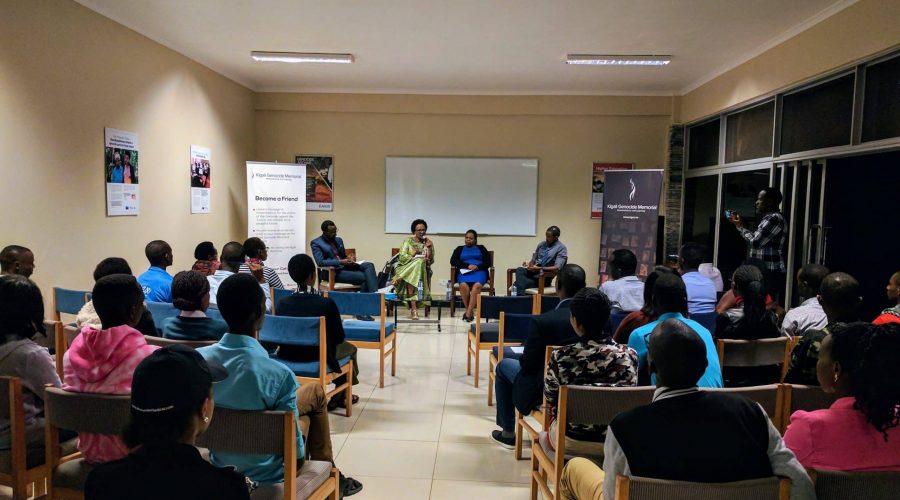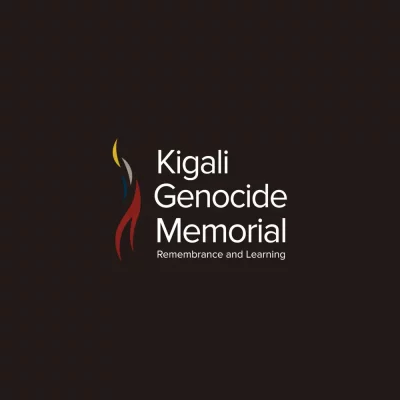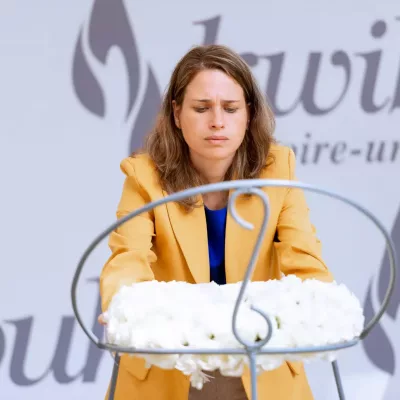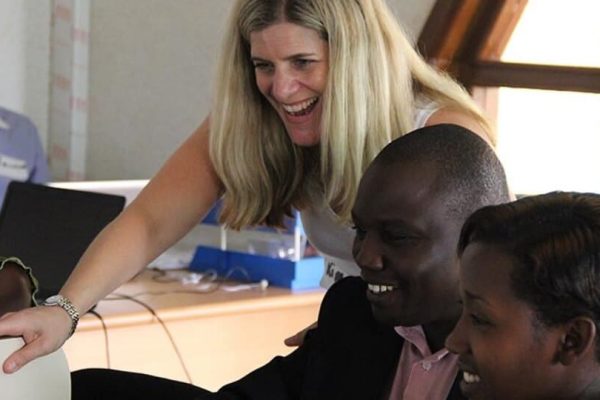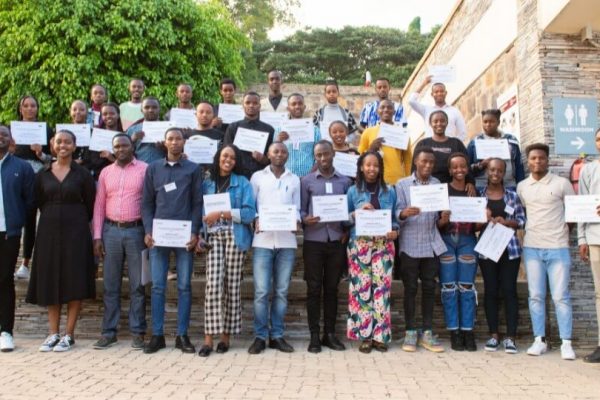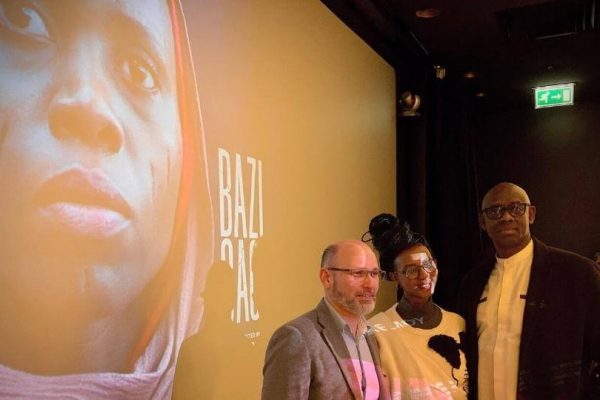In preparation for the commemoration period, the Kigali Genocide Memorial has hosted a discussion on how young people can support one another during Kwibuka23. Kwibuka is the Kinyarwanda word for ‘remembrance’ and describes the 100 days of annual mourning from 7 April until 4 July.
The discussion was led by memorial guide Pacifique Bonheur and began with a moment of silence to remember the more than one million victims of the Genocide against the Tutsi. Panellists included Dr Yvonne Kayiteshonga, National Mental Health Director at the Rwanda Biomedical Centre / Ministry of Health, Amos Furaha, Project Manager at Live Again Rwanda and Sophie Musabeyezu from Ibuka – the umbrella group for Survivor Organisations in Rwanda.
The topics covered included the work underway to support survivors of the Genocide during the commemoration period and the practical steps we can all take to support friends and family.
During the discussions, Dr Kayitenshonga spoke about how Rwandans can come together to alleviate trauma related issues.
“If we share as Rwandans we can help each other to heal from trauma. The Ministry of Health takes mental health very seriously. That is why we ensure people get enough support during commemoration. It is vital for Kwibuka23 event organisers to have space for first-aid, trained counsellors, water and an ambulance at the venue to respond to any cases of trauma,” Dr Kayiteshonga said.
Speaking about the work of Ibuka, the umbrella group for Survivor Organizations in Rwanda, Sophie Musabeyezi said that suffering from trauma is not a sign of weakness, but it is the result of the hardships people faced. She also explained how Ibuka gives counseling trainings at the grass roots level to support survivors of the Genocide against the Tutsi.
“Being affected by trauma is not cowardice. It is really an outcome of the tragedies people have experienced. If you feel able to support vulnerable sufferers of trauma, you have a duty to do so. As Ibuka, we are delivering counseling and training to support survivors of the Genocide against the Tutsi. We encourage ongoing treatment because it is hard to conclude that someone has trauma from a single observation,” Musabeyezu said.
Amos Furaha, Project Manager at Live Again Rwanda, shared the different approaches his organisation uses to support people who are dealing with mental health issues as well as practical steps people can take in this upcoming period of commemoration.
“Sometimes when we are growing up, we get told that ‘crying is a mistake’ so we let emotions build up. When we do this, we never express the negative emotions. But we have to because having emotions shows humanity. Showing our emotions is not a sign of weakness, but a sign of strength,” Amos said.
The panellists suggested that creating a shared identity and fostering humanity is important in helping people to heal from the Genocide. They encoruaged all Rwandans to promote a sense of humanity in each other so that younger generations can live in peace and without divisionism.
Anyone needing support during the commemoration period can call the Ministry of Health support hotline which is available 24 hours a day, seven days a week. The number to call is 6200.

